You never know how much you really need something until you have to store it for the long term.
This saying couldn’t be more accurate, especially when life changes unexpectedly, leaving us with more things to store than we ever anticipated.
Whether it’s the process of moving or just realizing you have too many seasonal items filling up your space, long-term storage becomes the solution for many of us.
In fact, one in ten households in the United States rent a storage unit.
The self-storage industry in the U.S. is massive, with over 50,000 storage facilities scattered across the country, and that number continues to grow each year.
In the previous year, Americans spent an estimated $40 billion on self-storage!
As living spaces shrink, the demand for long-term storage grows. The options are vast, from self-storage units to climate-controlled spaces.
According to recent surveys, nearly 40% of people use storage units for long-term purposes, such as storing furniture, household items, and seasonal equipment.
However, with so many choices, the real question becomes: How do you choose the right storage for your specific needs?
Should you go for a standard unit, or is long-term vehicle storage the better choice?
And what about business inventory storage? Is that the right path for your company's excess stock?
Don’t worry, let’s discuss everything about long-term storage to ensure that your belongings stay safe and in great condition for as long as you need them.
What is Long-Term Storage?
Long-term storage refers to keeping items for an extended period, from several months to even years.
It’s a great option when you have valuable belongings you don’t need regularly but want to keep safe and secure.
Whether you're storing furniture, documents, or even vehicles, long-term storage offers peace of mind, knowing your things are in good hands.
Benefits of Long-Term Storage
Long-term storage isn’t just about stashing things away; it’s about creating breathing room in your life. Here’s how it pays off:
Peace of Mind
When your belongings are stored in a secure, professional facility, you needn't worry. Whether it’s family heirlooms or seasonal decor, they’re protected and ready when needed.
More Living Space
Why let stuff take over your home when you can store it neatly off-site? Long-term storage lets you reclaim your closets, garage, or spare room without permanently parting with anything important.
Cost-Effective Alternative
Renting a storage unit is often far cheaper than upgrading to a bigger house or leasing extra office space. You get the space you need without the commitment of a larger mortgage or commercial rent.
Flexibility for Life Changes
Major life shifts like moving, downsizing, or extended travel can be uncertain. Long-term storage gives you a buffer so you don’t have to make quick decisions about what stays or goes.
Added Features for Convenience
Many long-term facilities offer extras, from climate control to 24/7 access, that make your storage experience smooth and stress-free. It's not just about storage; it's about smart, modern solutions.

Need extra space without the high cost? Renting a storage unit is a budget-friendly alternative to upgrading your home or office. Discover how to find cheap storage units that fit your needs.
Types of Long-term Storage
Before committing to any storage unit rental, here are some of the most common options for long-term storage:
Self-Storage Units
When most people think about storage, self-storage units are the first thing that comes to mind.
These units are available in various sizes, from small lockers to large garage-sized spaces, giving you flexibility.
They are typically located in secure facilities, and you can rent them for as long as you need.
Whether you store personal items, seasonal decorations, or business materials, self-storage units offer a cost-effective and secure storage solution.
Climate-Controlled Storage
Certain items like electronics, artwork, or family heirlooms are more sensitive to temperature and humidity changes.
If you are storing these items, climate-controlled storage is a great option.
These units maintain a constant temperature and humidity level, which prevents items from being damaged by extreme temperatures or moisture.
For example, when exposed to fluctuating temperatures, vintage furniture and electronics are prone to warping, cracking, or malfunctioning.

Storing sensitive items? Climate-controlled storage ensures your belongings stay safe from temperature and humidity changes. Learn how climate-controlled storage works to protect your valuables.
24-Hour Access Storage
One key feature people often look for when choosing a storage unit is the ability to access their belongings at any time.
24-hour access storage allows you to retrieve your items whenever needed, whether day or night.
For those with unpredictable schedules or needing to access their storage unit outside of regular business hours, 24-hour access storage can be a lifesaver.
Long-Term Vehicle Storage
If you plan to store a car, RV, or boat for an extended period, you should consider long-term vehicle storage.
This is especially useful if you have not used your vehicle for a while, such as when traveling, or if you are simply not ready to sell it.
Long-term vehicle storage facilities offer a secure, weather-resistant environment for your car, truck, or other vehicles.
Choosing a facility that offers indoor and outdoor vehicle storage options is important.
Many vehicle storage facilities also provide additional services, such as battery charging or tire inflation, to help ensure the vehicle remains in good condition during its stay.
Business Inventory Storage
Business inventory storage is a perfect solution, offering secure, affordable space to keep your stock organized.
Whether you’re storing bulk items, seasonal products, or promotional materials, a business inventory storage unit can help you manage your business needs without cluttering your office.
Additionally, many business inventory storage units offer enhanced security features like surveillance cameras and gated access.
Affordable Storage Solutions
Not everyone has a large storage budget, so it’s important to find affordable solutions that still meet your needs.
Many storage facilities offer competitive pricing, discounts, or promotions, such as the first month free or discounted rates for long-term rentals.
Shopping around and comparing different options can help you find the best deal for your storage needs.
Whether you’re looking for a small self-storage unit or a larger space for business purposes, affordable storage solutions are available in almost every area.
Document Storage Services
Document storage services provide a secure and organized way for businesses or individuals with large volumes of paperwork to store files and records for the long term.
These services ensure that your documents are protected from damage, theft, or loss while keeping them easily accessible when needed.
With document storage services, you can ensure that your legal, financial, and personal records are stored safely and organized.
Long-Term Furniture Storage
If you're downsizing or temporarily moving, you may need a place to store your furniture.
Long-term furniture storage is a great way to protect your furniture and free up space in your home.
Furniture is particularly vulnerable to damage from moisture, dust, or insects, so be sure to choose a facility that provides proper care.
Factors to Consider When Choosing Long-Term Storage
Location: Choose a nearby facility if you need frequent access or opt for a more affordable one further away if your items won’t be needed soon.
Climate control: Protect sensitive items like furniture and electronics with climate-controlled storage to prevent damage from temperature and humidity.
Security: Ensure the facility has proper security measures, such as gated access, cameras, and locks, to keep your belongings safe.
Size and flexibility: Estimate your storage needs but choose a facility that allows easy adjustments if your requirements change.
Cost and contract terms: Compare monthly rates and understand the terms, especially if additional fees or discounts exist for longer commitments.
Customer service: Check reviews and engage with the staff to ensure good service and clear policies for a smooth experience.
How Much Does Long-Term Storage Cost?
When you’re considering storing your belongings long-term, one of the first things that comes to mind is likely the cost.
And we get it; storage expenses can add up, so it’s essential to understand what you’re getting into.
There’s no one-size-fits-all answer when it comes to long-term storage prices because the cost can depend on several factors.
The basic cost of long-term storage depends primarily on:
- The Size of the Storage Unit
- The Location of the Storage Facility
- Whether it’s Climate-Controlled or Not
- The Length of Time You Need the Storage
- Additional Fees and Charges
Let’s break it down:
Cost Based on Storage Unit Size
The first thing you must consider is how much stuff you're storing. Here’s a quick look at typical unit sizes and their costs:
| Unit Size | Approximate Cost Per Month | Suitable for |
|---|---|---|
| 5x5 (Small) | $40 - $100 | Small boxes, clothes, seasonal items, personal items |
| 5x10 (Medium) | $60 - $120 | Small furniture, boxes, or a few large items |
| 10x10 (Large) | $100 - $150 | 1-2 rooms of furniture, appliances, or office supplies |
| Safety | Higher risk of damage/injury. | Strict safety standards were followed. |
| Cost | Hidden costs from mistakes. | Transparent pricing, no surprises. |
| 10x15 (Extra Large) | $120 - $200 | 2-3 rooms of furniture or large equipment |
| 10x20 (Extra Large) | $150 - $250 | Entire household worth of belongings |
| 10x30 (Oversized) | $200 - $400 | Large vehicles, multiple rooms of furniture, large equipment |
Note: Prices can vary based on the facility’s location, and larger cities typically have higher rates than rural areas.
Impact of Location on Storage Pricing
If you live in a major metropolitan area, you can expect to pay higher rates than in smaller towns or rural areas.
For example, prices may be closer to the higher end of the spectrum in cities like New York or San Francisco. Here’s a rough comparison of storage prices based on different cities:
| City | Cost for a 10x10 Unit (per month) |
|---|---|
| New York, NY | $200 - $350 |
| Los Angeles, CA | $180 - $300 |
| Chicago, IL | $120 - $250 |
| Miami, FL | $130 - $250 |
| Dallas, TX | $100 - $220 |
| Phoenix, AZ | $100 - $200 |
Effect of Climate Control on Storage Pricing
If you’re storing sensitive items like electronics, antiques, or important documents, climate-controlled storage is an option you should consider.
You can pay more for climate-controlled storage than for regular units.
For example, the cost of a 10x10 unit might range from $150 to $200 or more.
| Unit Size | Approximate Cost Per Month (Climate-Controlled) | Additional Features |
|---|---|---|
| 5x5 (Small) | $60 - $150 | Regulated temperature and humidity, better protection for sensitive items |
| 5x10 (Medium) | $90 - $180 | Ideal for storing furniture, documents, and electronics |
| 10x10 (Large) | $150 - $250 | Perfect for storing 1-2 rooms of items in climate-controlled conditions |
| 10x15 | $180 - $300 | Larger space for bulkier items that need climate control |
| 10x20 | $250 - $400 | Great for large households or office inventory |
Pricing According to Storage Duration
Many storage facilities offer discounts or lower rates for longer rental periods, so if you need long-term storage, you might save a few bucks by committing to a 6-month or 12-month rental instead of month-to-month.
For example, a 5x5 unit may cost $70 monthly, but if you commit to a 6-month or 12-month rental, you might get it for as low as $60 per month.

Looking for long-term storage? Many facilities offer discounts for longer rentals, saving you money. Find out more about the pricing of different storage unit sizes like the 5x15 unit.
Additional Fees and Charges
On top of the basic rental cost, there are other charges you’ll need to keep in mind:
Insurance Fees: Some storage facilities require purchasing insurance for your belongings. Insurance typically costs $10 to $20 per month.
Access Fees: If you choose a unit with 24-hour access storage, you may pay an extra $20 to $40 per month to access your unit any time.
Move-In/Move-Out Fees: Some storage facilities charge a one-time move-in fee (usually around $25 to $50) or an administrative fee when you sign your lease.
Lock Fees: Some storage facilities require you to buy a special lock for your unit, which can cost between $10 and $30.
Late Payment Fees: Be mindful of your due dates! If you fail to pay on time, many storage facilities charge late fees from $15 to $50.
Total Cost Breakdown for Long-Term Storage
Here’s an example of how the costs could add up for a long-term storage scenario:
| Item | Cost |
|---|---|
| 5x5 Storage Unit | $70 per month |
| Climate Control | +$30 per month |
| Insurance | $15 per month |
| 24-Hour Access | +$25 per month |
| Administrative Fee | $30 (one-time fee) |
| Total for 12 Months | $1,380 (excluding move-out fees) |
Items You Should Never Put in Long-Term Storage
While long-term storage can be a great solution for many items, some things should never be stored for an extended period.
These items include:
Perishable Items, Hazardous Materials Chemicals, flammable liquids, or batteries are unsafe for storage.
Valuables– Items such as jewellery, cash, or important documents should be stored in a secure location like a safe deposit box.

Planning for long-term storage? Be sure to avoid storing certain items like perishables or valuables. Learn which items should never go into long-term storage.



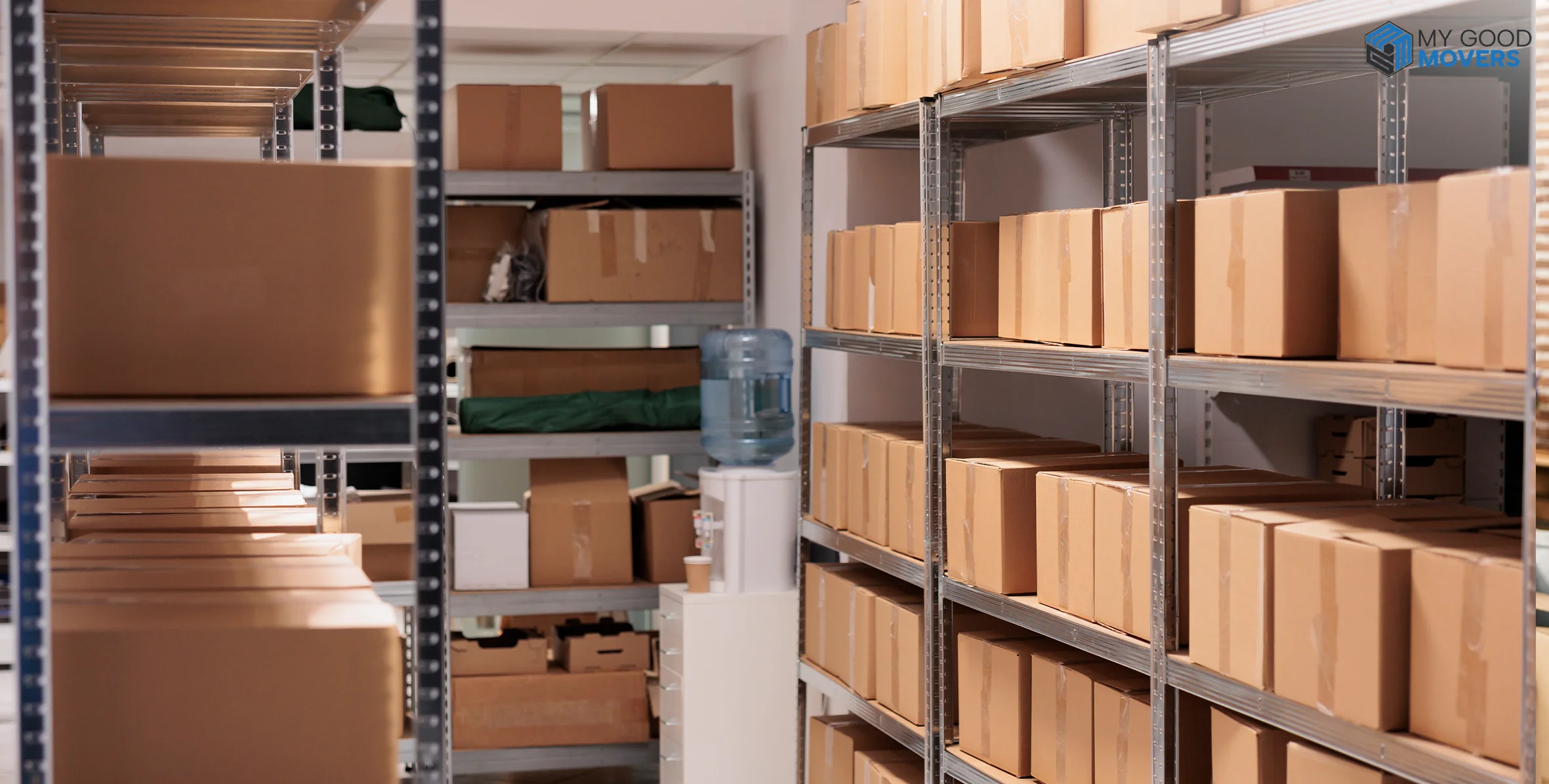








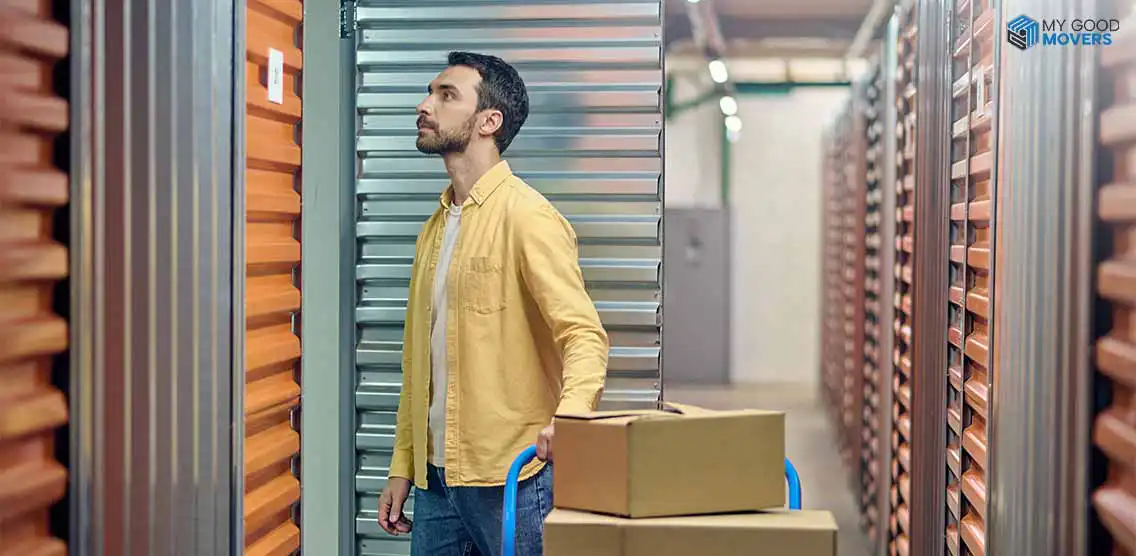


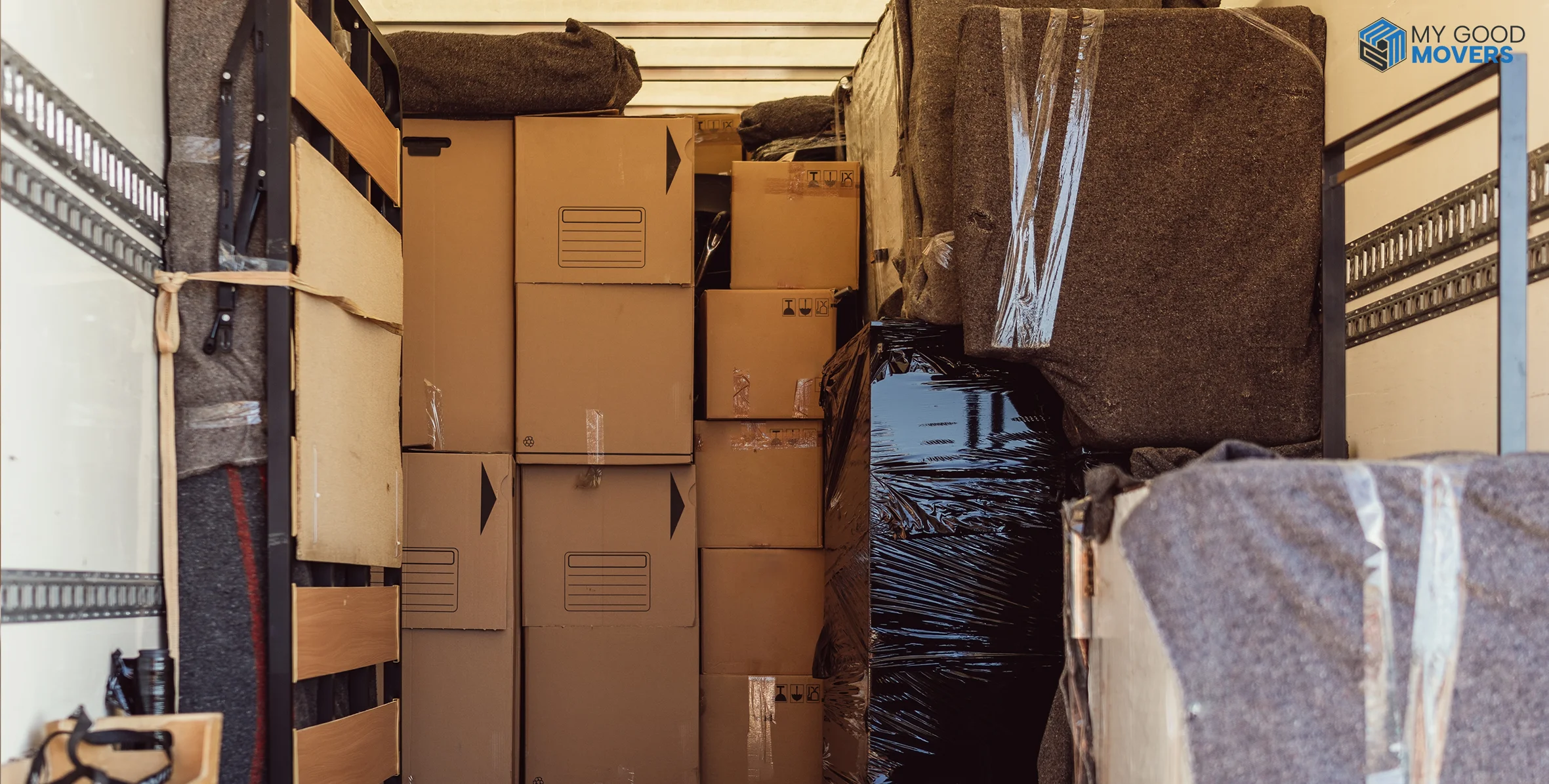
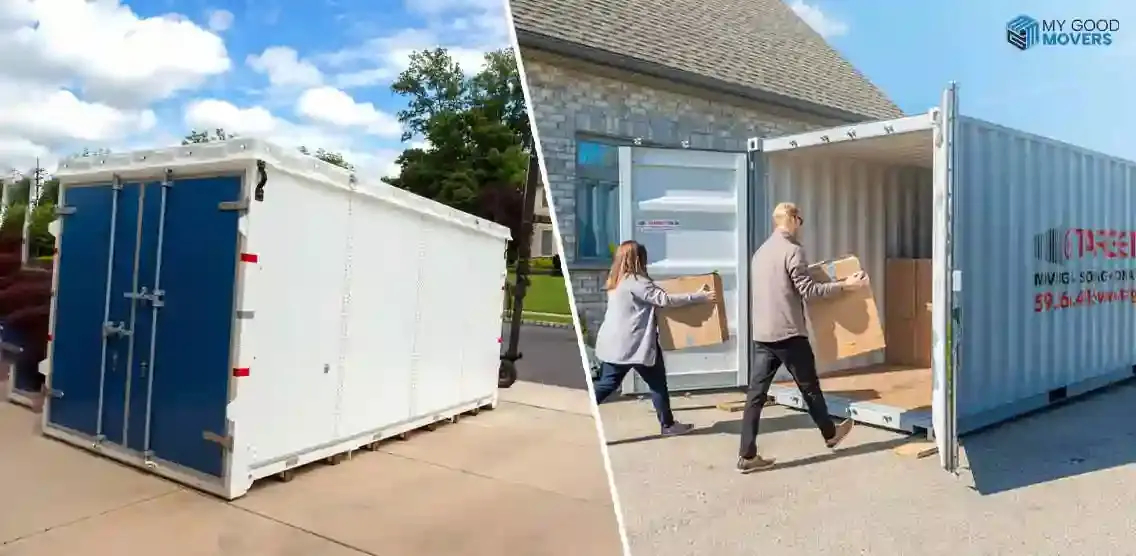
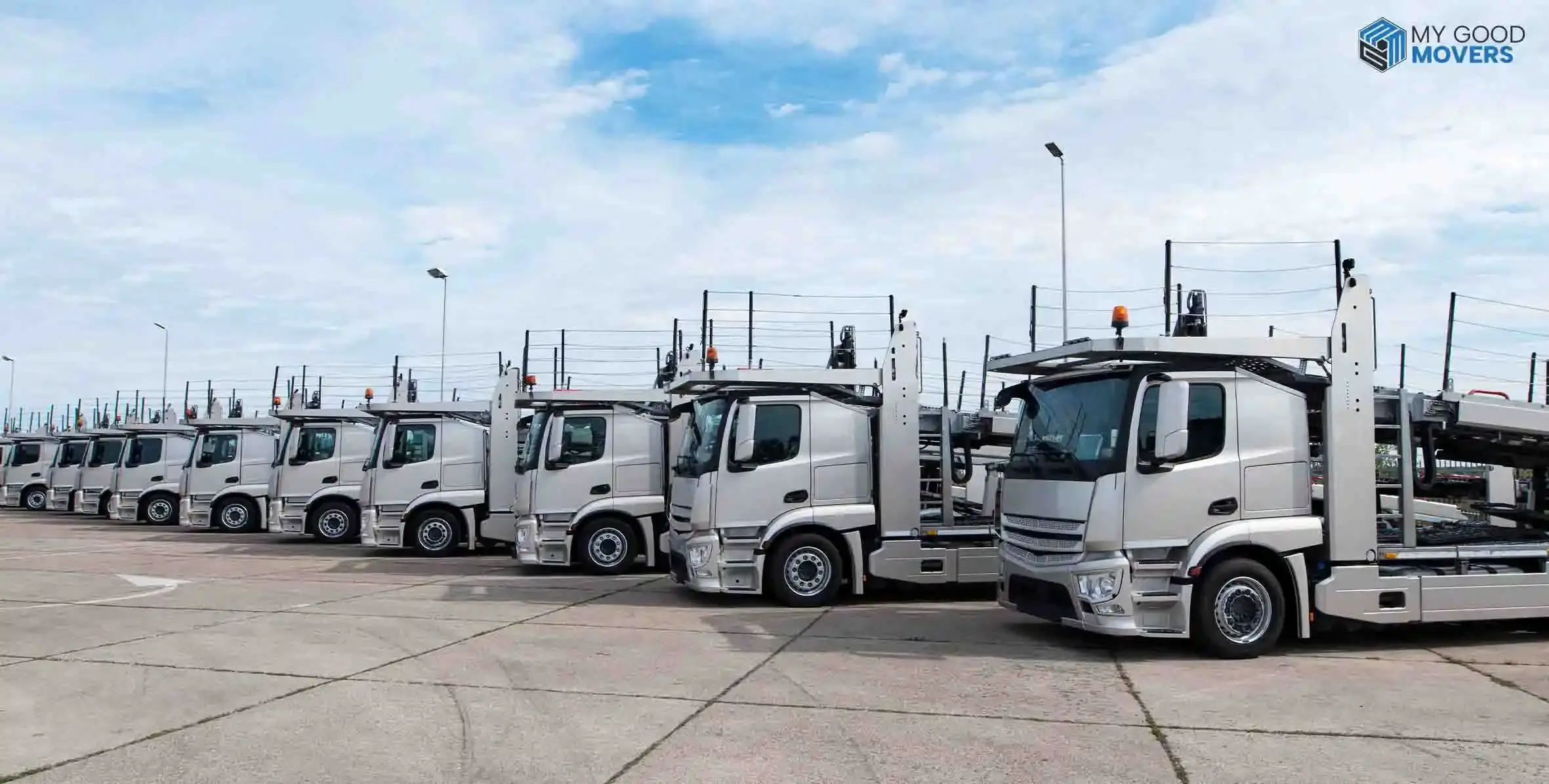







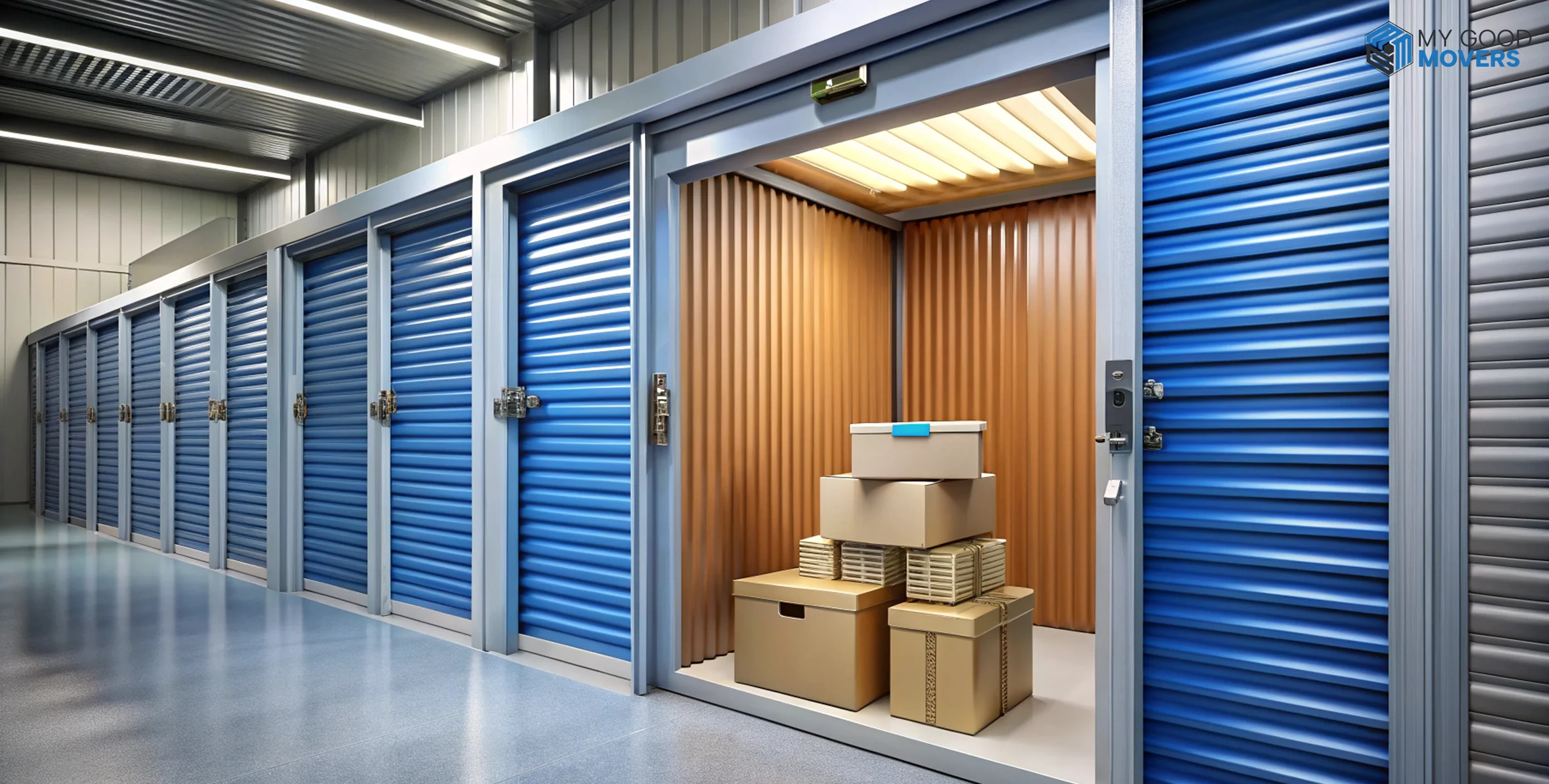
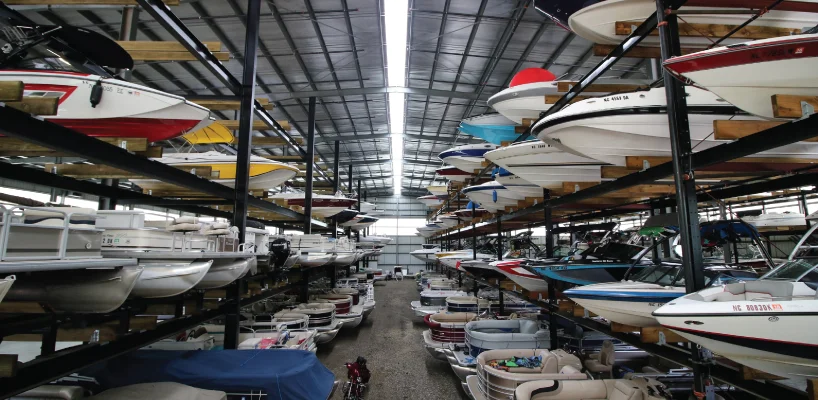

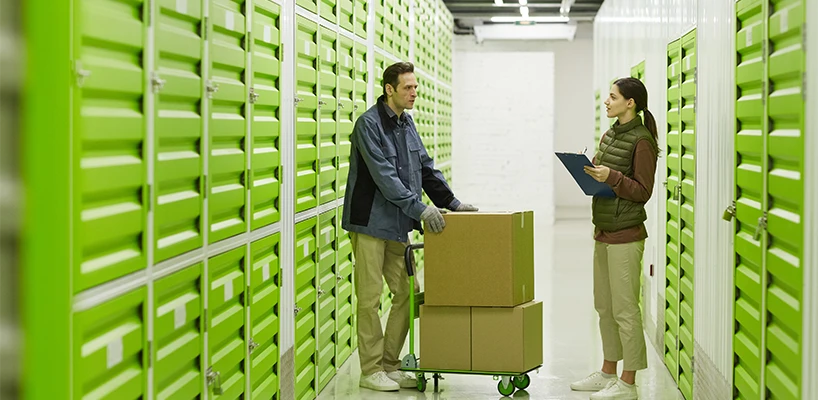
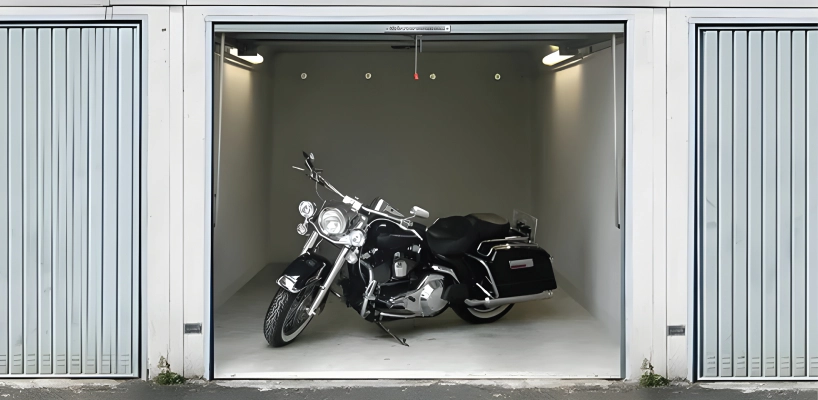

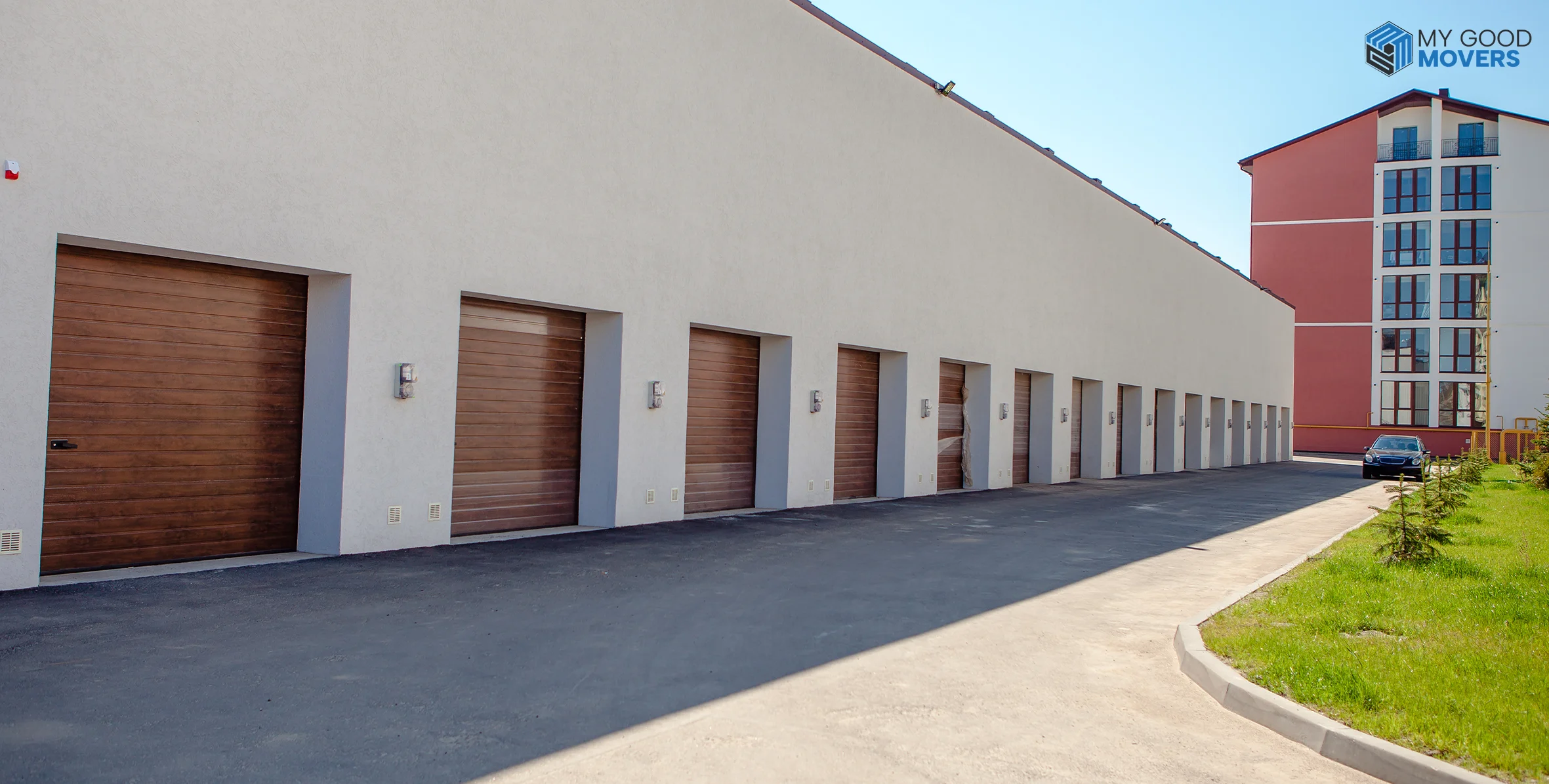
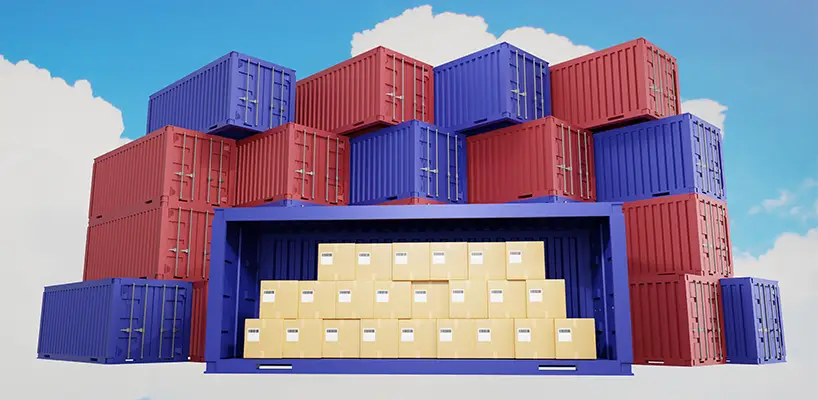
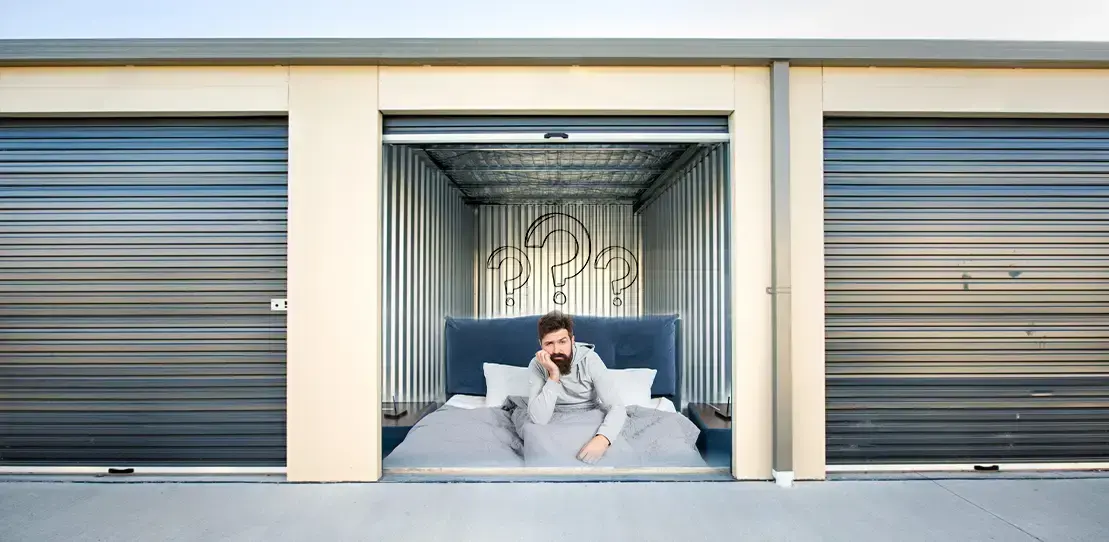

 (239) 799–6077
(239) 799–6077